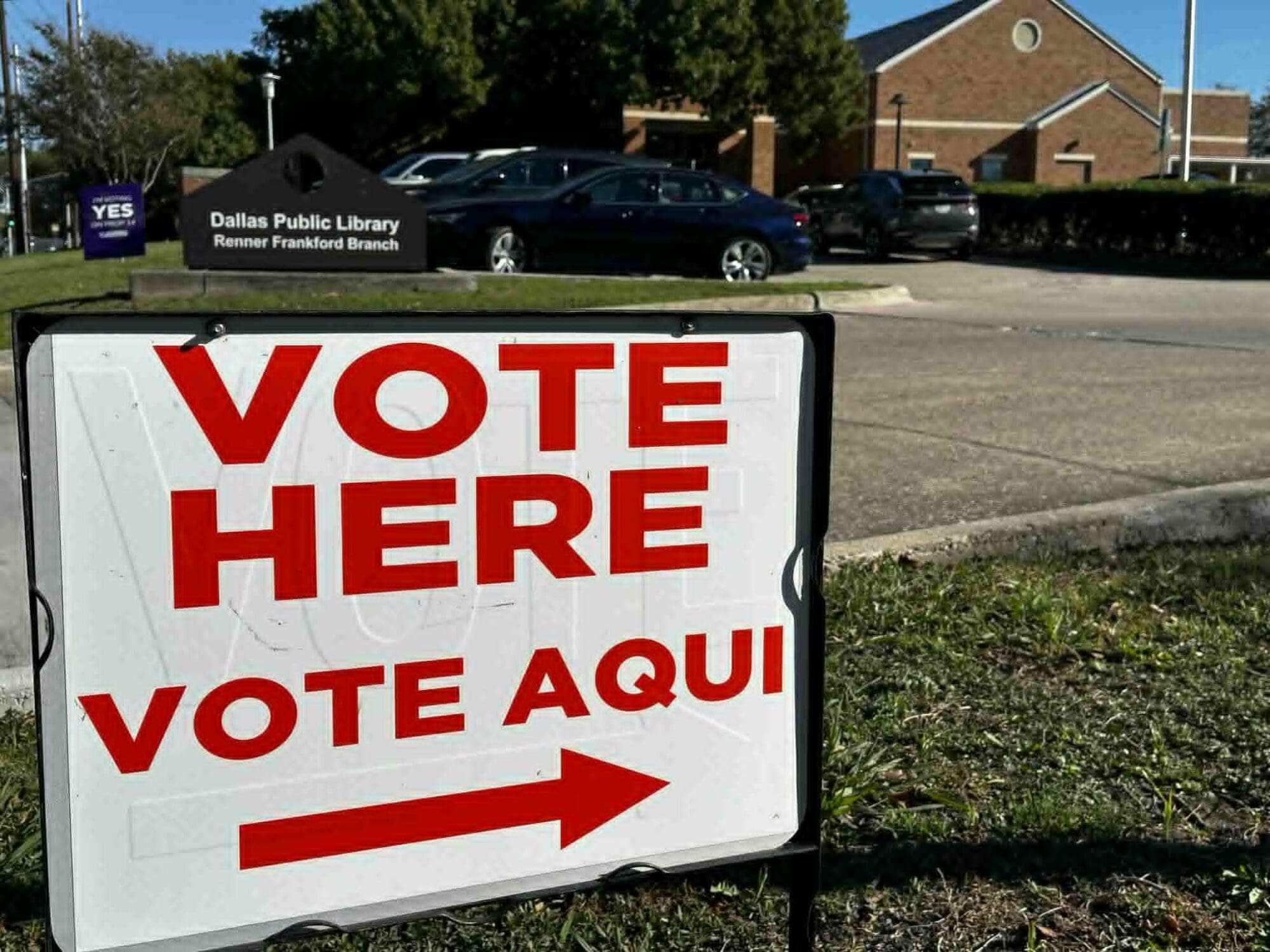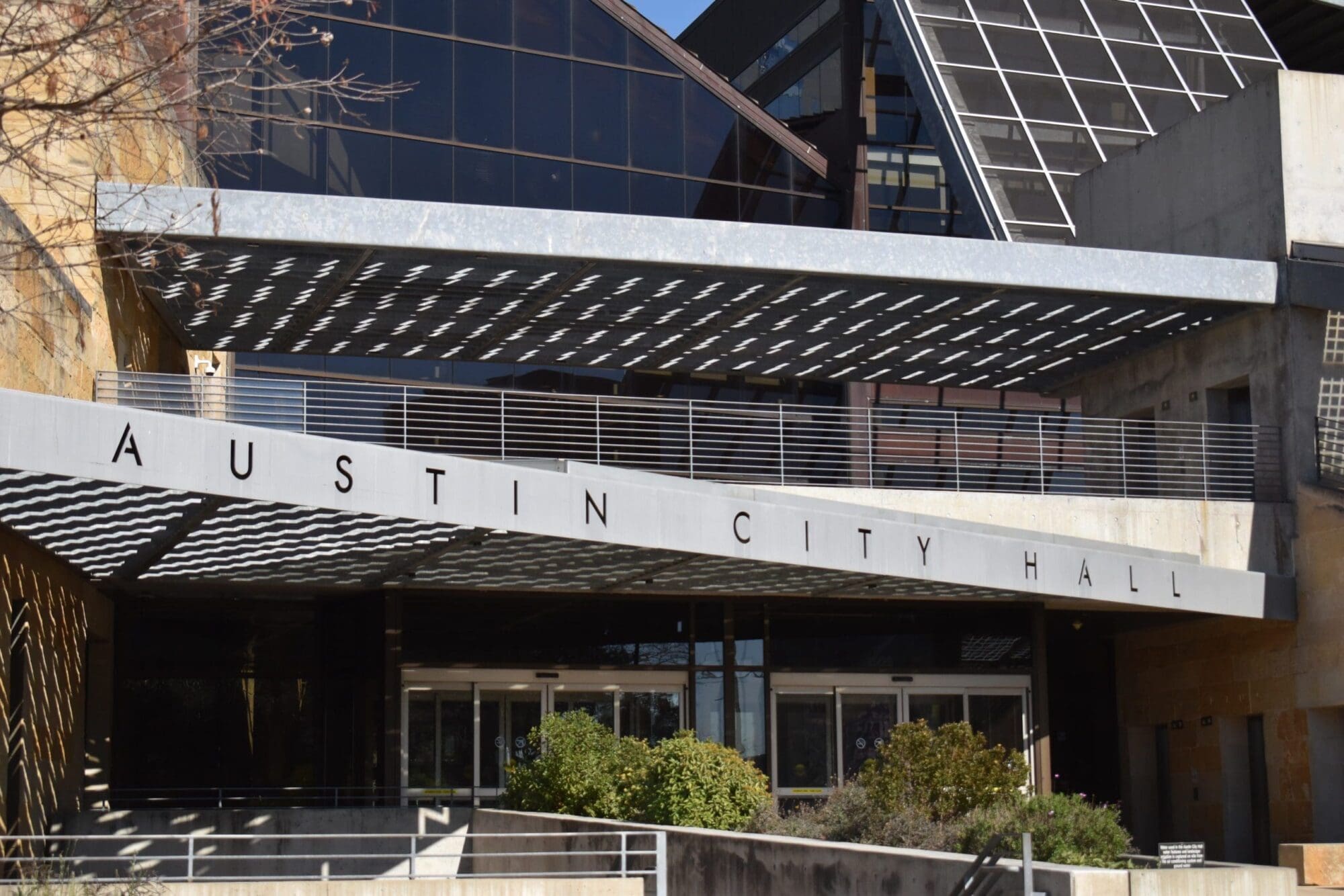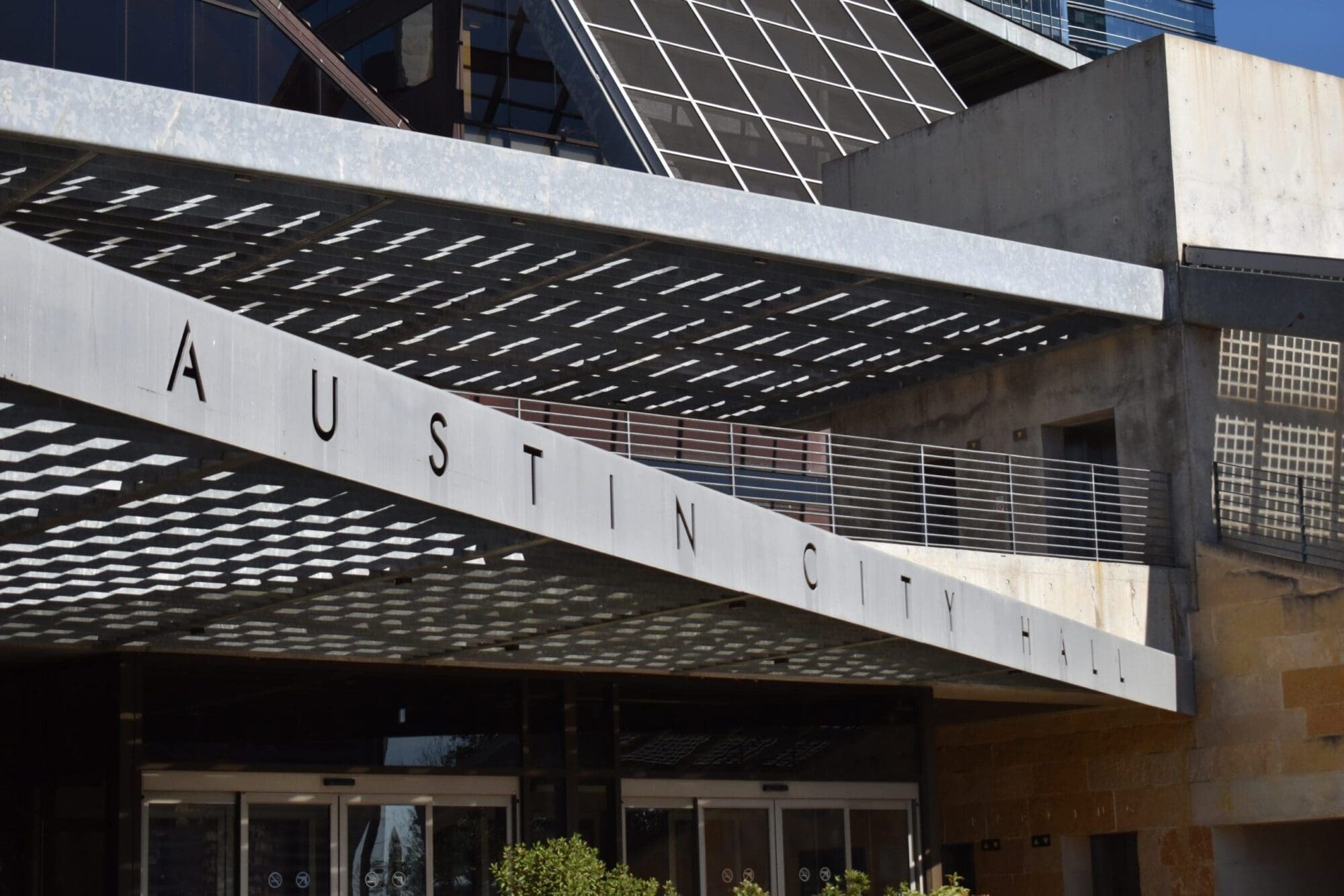One municipal land grab in Collin County has been stopped, but another is still going forward.
It’s not getting as much attention as annexation fights going on elsewhere around North Texas, but the small city of Celina is planning to annex county landowners into its city limits – whether they like it or not – in less than two weeks.
Like other cities, Celina is rushing to beat the clock before a new state law restricting forced annexation takes effect December 1. After that, the city will have to get landowners’ consent before annexing them.
After back-to-back public hearings on October 25 and 26, rural residents targeted for forced annexation are running out of time and options.
“People are still in shock,” says Constance Goram-Stanton. “They didn’t think this would happen.”
Goram-Stanton’s home isn’t targeted for annexation; she already lives in Celina. But like many impacted residents in both the city and county, she believes city officials aren’t listening to people’s concerns.
“All we’re hearing is ‘It’s my way or the highway,’” said one targeted landowner who’s frustrated by how city officials are handling the process.
Residents turned out at the two public hearings that Celina’s city council was legally required to hold, and they spoke against the city’s plans to annex their land without their consent.
 A number of residents also formally protested the annexation, triggering a request for a third hearing to be held in the area targeted for annexation. But city officials denied the request, saying they couldn’t find a suitable location for the hearing.
A number of residents also formally protested the annexation, triggering a request for a third hearing to be held in the area targeted for annexation. But city officials denied the request, saying they couldn’t find a suitable location for the hearing.
Residents’ other concerns also seemed to fall on deaf ears.
City council members haven’t been persuaded by arguments that forced annexation violates people’s property rights (“In Texas of all places, property rights matter,” one resident testified); or that it’s “taxation without representation” because officials they didn’t elect are forcing them onto city tax rolls; or that it’s unfair taxation because city taxes go into effect immediately, while the promised services don’t.
City officials also weren’t swayed by residents who told them they haven’t had enough time to prepare financially for the change, especially those that are elderly, on fixed incomes, or have sick family members. One family said that they would have to default on their land because of the added city taxes.
“Families that are sick, have special needs kids – an extra $500 a month in taxes means they’re going to lose their land,” Goram-Stanton said. “I came home and cried after listening to their stories.”
In contrast, a council member reportedly responded that if an additional $3,000-4,000 a year in taxes would cause people to sell their home, then maybe they shouldn’t have one.
“All the county families understand that growth occurs, but the reason for SB 6 was to stop cities from stealing land and causing foreclosure,” Goram-Stanton said.
SB 6 refers to Senate Bill 6, municipal annexation reform passed during this year’s special legislative session. When the new law goes into effect in December, cities like Celina will be required to get landowners’ approval before taking them into city limits and onto city tax rolls. Until then, cities can annex without landowners’ consent.
Similar land grabs are going on all across the state, and facing similar opposition. Just this week the City of McKinney, also in Collin County, reversed course and dropped its forced annexation plans in the face of strong public opposition and allegations of possible violations of state law in how it rushed through the process.
Texans in other unincorporated areas are fighting forced annexation by the cities of Mesquite, Belton, Bridgeport, Azle, and Pearland, to name a few.
As elsewhere, landowners targeted by Celina say it’s about more than the money, or the way city officials have handled (or mishandled) the process – it’s about preserving their families’ way of life.
Rural county resident Shelli Conger asked council members to “look beyond dollars and cents and be respectful of our right to choose how and where we want to live.”
That’s ultimately what the fights are about, and what Texans want and expect – to have a voice and a choice in where they live.
They’re running out of time to persuade Celina officials.
November 15 is the deadline for residents to accept the city’s development agreements or be immediately annexed. After originally offering three-year annexation deferments for residential properties, the city upped its offer to 10-year deferments. Agricultural property owners were offered 15-year deferments. The city is holding an open house at City Hall on Monday, November 13, from 2:00 to 7:00 p.m. to answer questions.
Celina City Council’s final vote on the annexation plan is scheduled for November 21.





